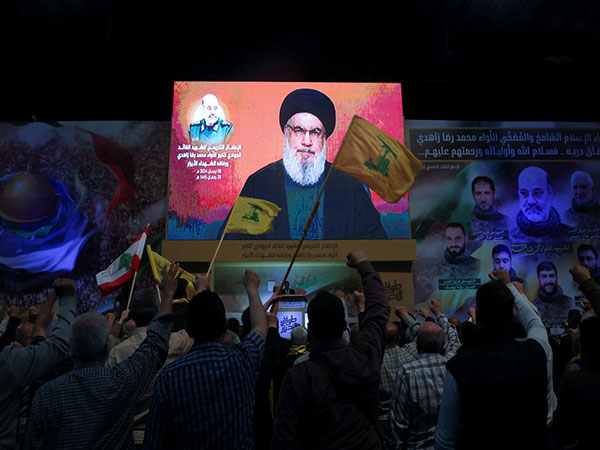Polarized Reactions to Hassan Nasrallah's Death
The killing of Hezbollah chief Sayyed Hassan Nasrallah has stirred a range of reactions across the Middle East. While some nations mourn his death, others, particularly Sunni-majority states, remain silent or relieved. The divided responses highlight the deep political and sectarian rifts in the region.

The killing of Hezbollah chief Sayyed Hassan Nasrallah was met with silence by many Sunni-led states across the region, showcasing the divisions between those outraged at Israel and authorities who have either normalized ties with Israel or oppose Hezbollah's patron, Iran.
Nasrallah, who led the powerful Shi'ite armed group for 32 years, made enemies across the region beyond Israel and the West. In 2016, Gulf countries and the broader Arab League designated Hezbollah a 'terrorist organization,' although the League retracted the designation earlier this year. Sunni-ruled Saudi Arabia expressed 'grave concern' over developments in Lebanon, urging the preservation of its sovereignty and regional security but notably omitting any mention of Nasrallah.
Sunni-led states like Qatar, the UAE, and Bahrain remained silent on Nasrallah's death. The UAE and Bahrain normalized ties with Israel in 2020, while Bahrain clamped down on a pro-democracy uprising by its Shi'ite community in 2011. Bahraini opposition media reported small marches mourning Nasrallah and alleged that the regime detained demonstrators. Egyptian President Abdel Fattah al-Sisi also made no mention of Nasrallah while rejecting any violations of Lebanon's sovereignty in a call with Lebanese Prime Minister Najib Mikati.
Other countries, like Syria and Iraq, declared a three-day mourning period. Nasrallah's name trended online in many Arab states, with some mourning and others criticizing him. Critics noted Hezbollah's intervention in the Syrian civil war, which alongside support from Iran and Russia, helped President Bashar al-Assad regain control from rebels. The polarized reactions underline the region's political and sectarian complexities, with some warning that celebrating Nasrallah's death only aids Israel and fragments the Arab world.
(With inputs from agencies.)










